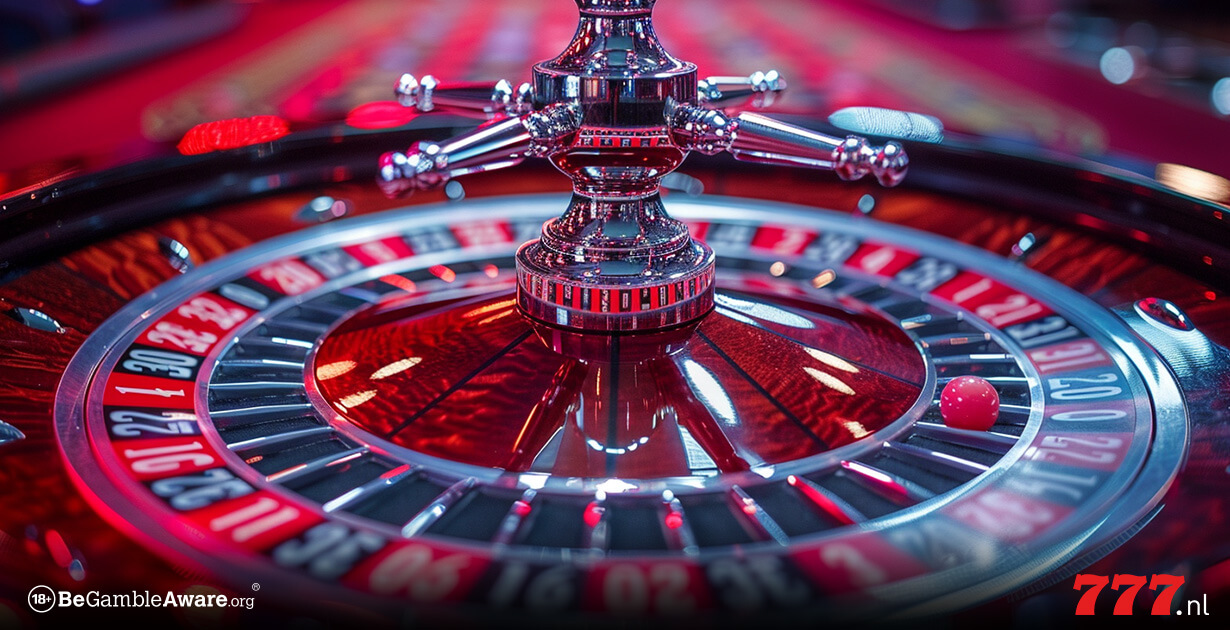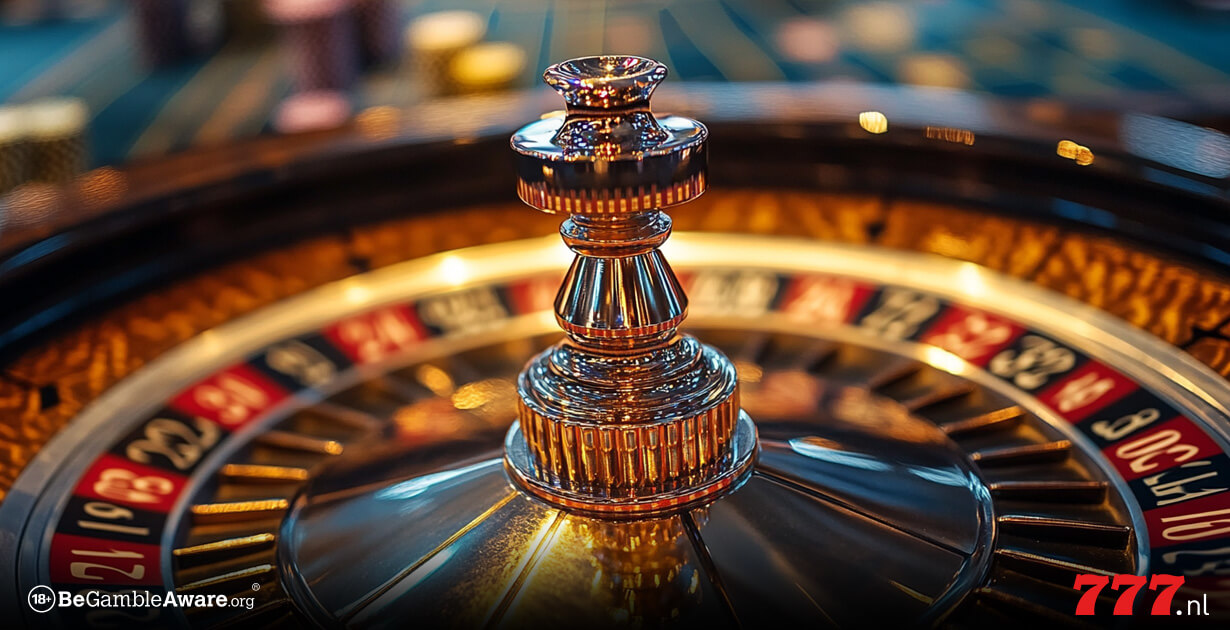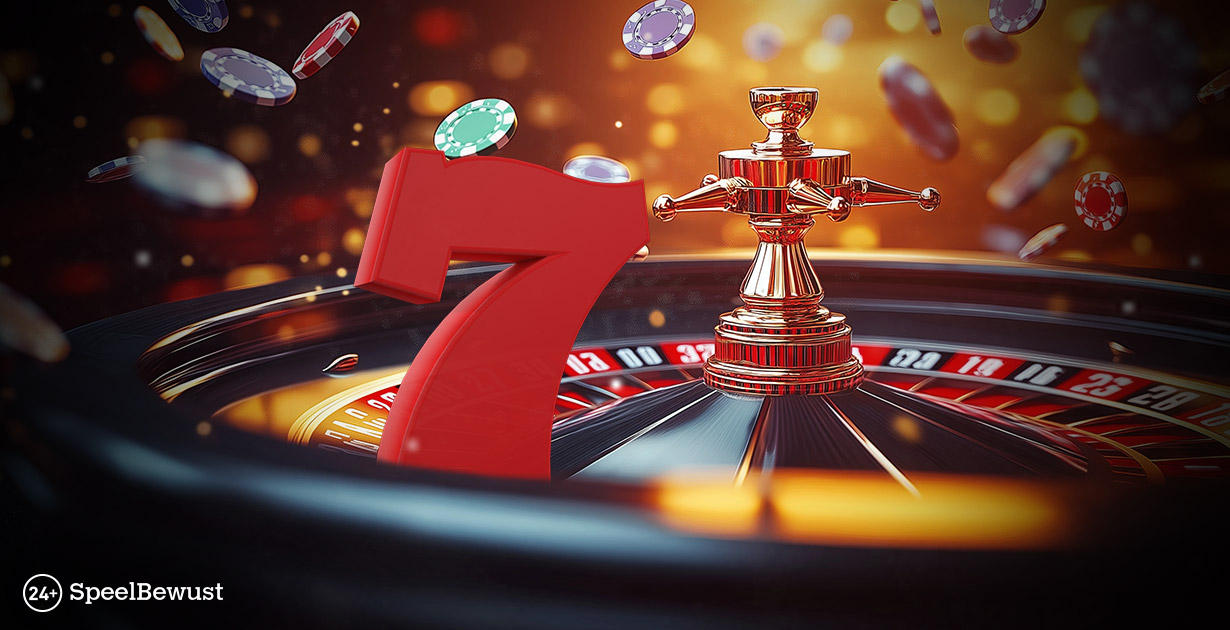Roulette is one of the most iconic casino games known worldwide. The history of roulette is both intriguing and rich, with roots dating back to the 17th century. In this article, we take you on a journey through time to explore the origins, evolution, and the many variants of this captivating game. We also discuss the popularity of roulette in online casinos and what the future holds for this classic game.
The Origins of Roulette
The history of roulette begins in France, where the game emerged in the 17th century. The word ‘roulette’ literally means ‘little wheel’ in French. The invention of the game is often attributed to the French mathematician and philosopher Blaise Pascal, who, in his quest for a perpetual motion machine, accidentally created the first form of roulette. However, the game as we know it today evolved from a combination of various existing games such as Roly Poly, Even-Odd, and Biribi, an Italian board game.
Early Versions and Evolution
In the early days of roulette, the rules and design of the wheel were constantly adjusted. The initial versions of roulette featured both a single zero (0) and a double zero (00), significantly increasing the house edge. This design became popular in France, but when the game crossed the Atlantic to America, American casinos retained the double zero, while European casinos opted for the single zero. This led to the two most well-known variants of the game: American roulette and European roulette.
Variants of Roulette
European Roulette
European roulette has 37 pockets on the wheel, numbered from 0 to 36. The single zero pocket gives the house an edge of 2.7%, making it more favourable for players than the American variant.
American Roulette
American roulette has 38 pockets, including both a single zero (0) and a double zero (00). This increases the house edge to 5.26%, making the odds slightly lower for players.
French Roulette
French roulette closely resembles European roulette but includes additional rules such as ‘La Partage’ and ‘En Prison’, which further reduce the house edge to about 1.35% for certain bets. These rules benefit players as they receive part of their bet back if the ball lands on zero.
Other Variants
Besides these main variants, numerous other versions of roulette have been developed, both in physical casinos and online. For example, mini-roulette has only 13 pockets, and there are even multi-wheel roulette games where you can bet on multiple wheels simultaneously.
Roulette in Online Casinos
With the rise of the internet, roulette has also evolved into the digital domain. Online casinos such as Casino777.nl offer a wide range of roulette variants that you can play from the comfort of your own home. The convenience and accessibility of online roulette have contributed to the renewed popularity of the game.
Live Roulette
One of the most exciting developments in the world of online roulette is the introduction of live roulette. Here, real dealers are filmed in real time, and players can place bets and communicate with the dealer and other players via a live stream. This offers an authentic casino experience without having to leave your home.
The Future of Roulette
The history of roulette shows that the game has always adapted and evolved with the times. In the future, we can expect further innovations such as improved live streaming technologies, virtual reality (VR) roulette, and even more interactive and immersive gaming experiences. The development of artificial intelligence (AI) and advanced algorithms can also lead to new forms of the game and personalised gaming experiences for players.
Conclusion
Roulette has a long and fascinating history that spans from the aristocratic salons of France to today’s ultra-modern online casinos. The history of roulette is rich with stories of innovation, evolution, and adaptation. Whether you prefer European, American, or French roulette, the game remains an exciting and timeless classic in both physical and online casinos. At Casino777.nl, you can enjoy a wide range of roulette games, including live variants, that offer you an authentic and immersive gaming experience. Whatever the future holds, one thing is certain: roulette will always hold a prominent place in the world of casino games.
So, why not give the wheel a spin and become part of this rich and exciting history? Good luck and play responsibly!
Frequently Asked Questions about the History of Roulette
Where and when did roulette originate?
Roulette originated in the 17th century in France. The word ‘roulette’ means ‘little wheel’ in French. The game was developed by the French mathematician Blaise Pascal during his quest for a perpetual motion machine. The current roulette game is a combination of various existing games such as Roly Poly, Even-Odd, and the Italian Biribi.
What is the difference between American and European roulette?
The main difference between American and European roulette is the number of pockets on the wheel. European roulette has 37 pockets, numbered from 0 to 36, and has only one zero (0). American roulette, on the other hand, has 38 pockets, including both a single zero (0) and a double zero (00). This difference ensures that the house edge in American roulette is higher at 5.26%, while in European roulette it is 2.7%.
What variants of roulette exist?
There are various variants of roulette, including:
- European roulette: With 37 pockets and one zero.
- American roulette: With 38 pockets, including a single and double zero.
- French roulette: Similar to European roulette but with additional rules like ‘La Partage’ and ‘En Prison’ that reduce the house edge.
- Mini-roulette: Has only 13 pockets.
- Multi-wheel roulette: Allows players to bet on multiple wheels simultaneously.
What are the expectations for the future of roulette?
The future of roulette looks promising with numerous innovations on the horizon. Improved live streaming technologies will make the experience of live roulette even more realistic. Additionally, we can expect virtual reality (VR) roulette and artificial intelligence (AI) to add new dimensions to the game, offering players more interactive and personalised gaming experiences. Roulette continues to adapt to changing technologies and player preferences, making it a timeless and captivating game.




